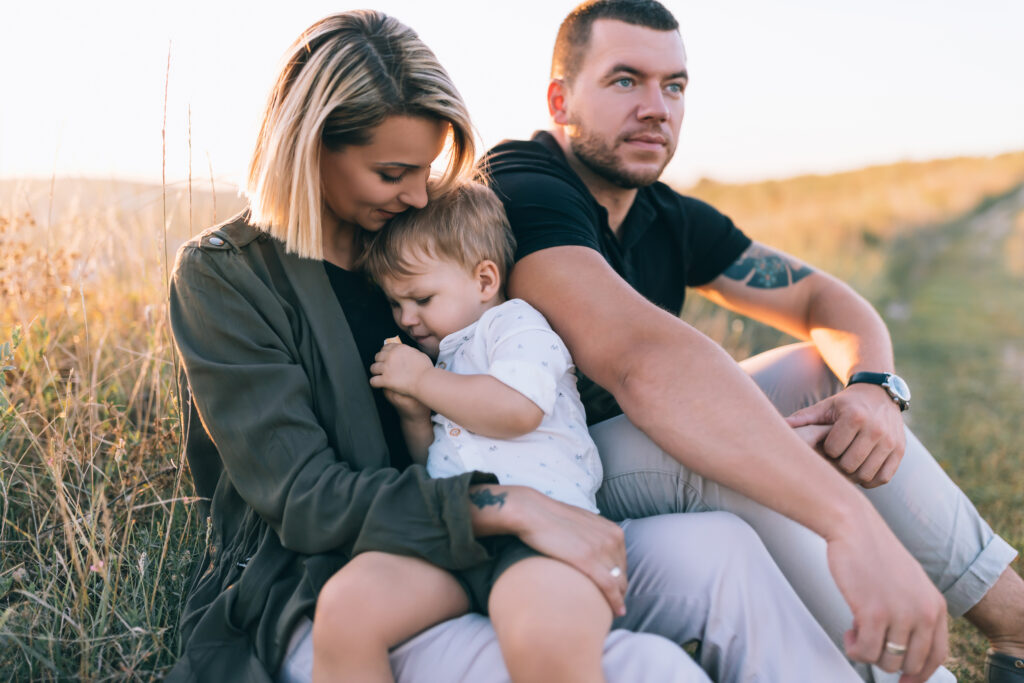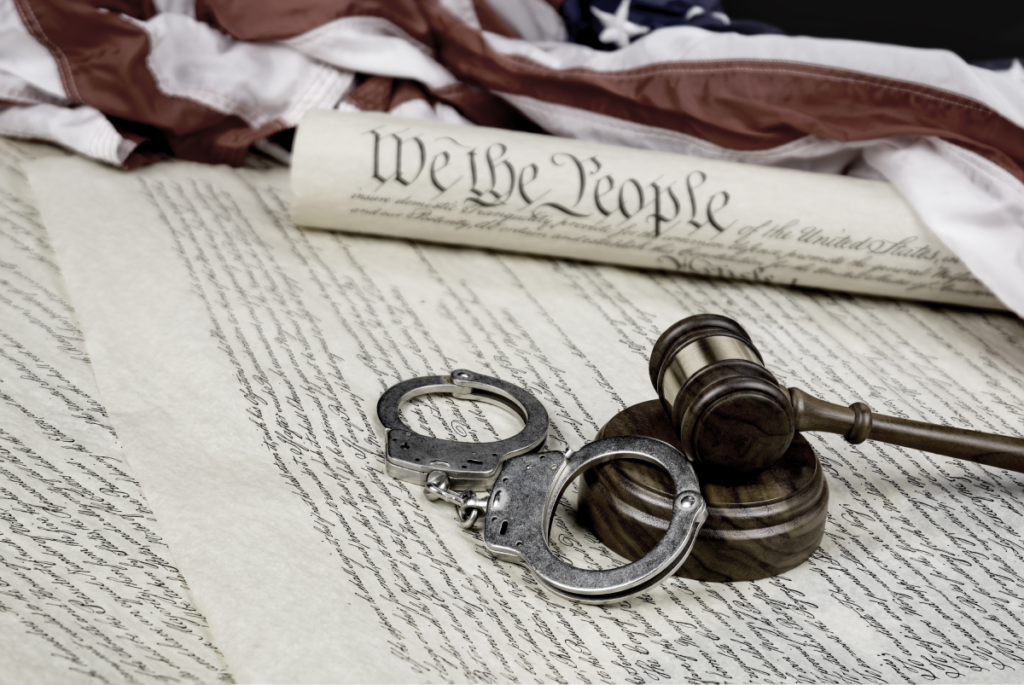
Ebensburg, PA Pardons
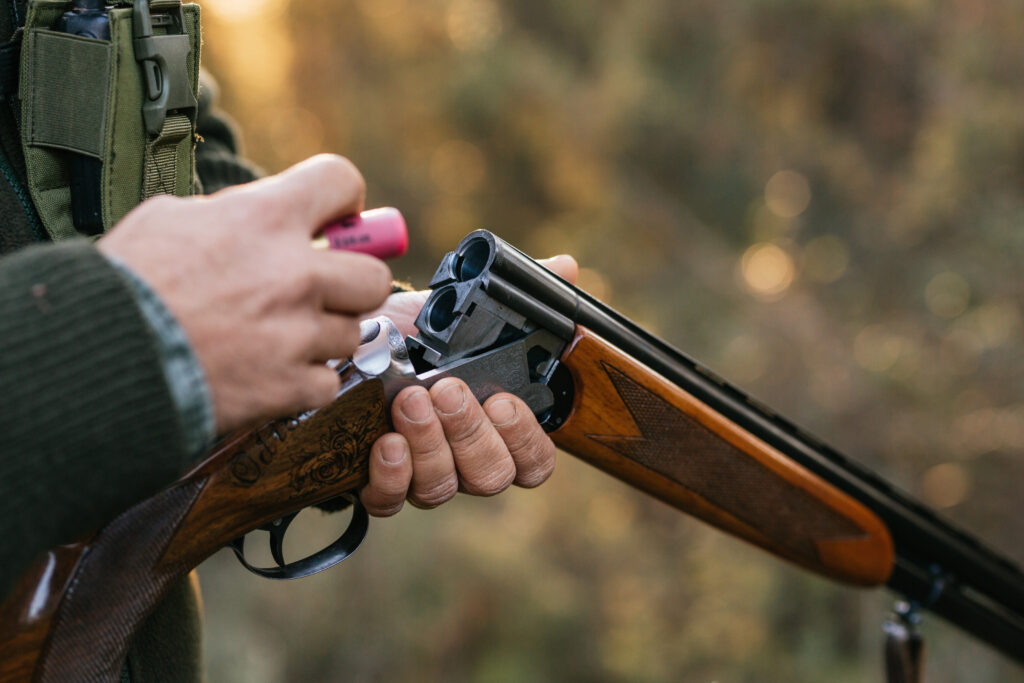
How can I find out if I can legally own a gun in Pennsylvania?
When you buy a gun in Ebensburg, PA, the dealer must run a background check called a PICS Check (Pennsylvania Instant Check System). You can only run a PICS Check in connection with a transfer or if you are applying for a License to Carry Firearms (concealed carry license). When you are filling out the paperwork to buy a gun or apply for a License to Carry Firearms (concealed carry license) you should NEVER GUESS for any of your answers. If you fail the background check (PICS denial) when you are trying to buy a gun in Pennsylvania, you could face criminal prosecution for a felony! Even if you thought you answered the questions correctly, many people are still prosecuted for their mistake. At The Gun Law Firm, we have performed firearms eligibility investigations for our clients since 2016 to avoid this problem. We thoroughly review our clients’ criminal records, mental health records, and much more to determine whether you can legally own a gun in Pennsylvania.
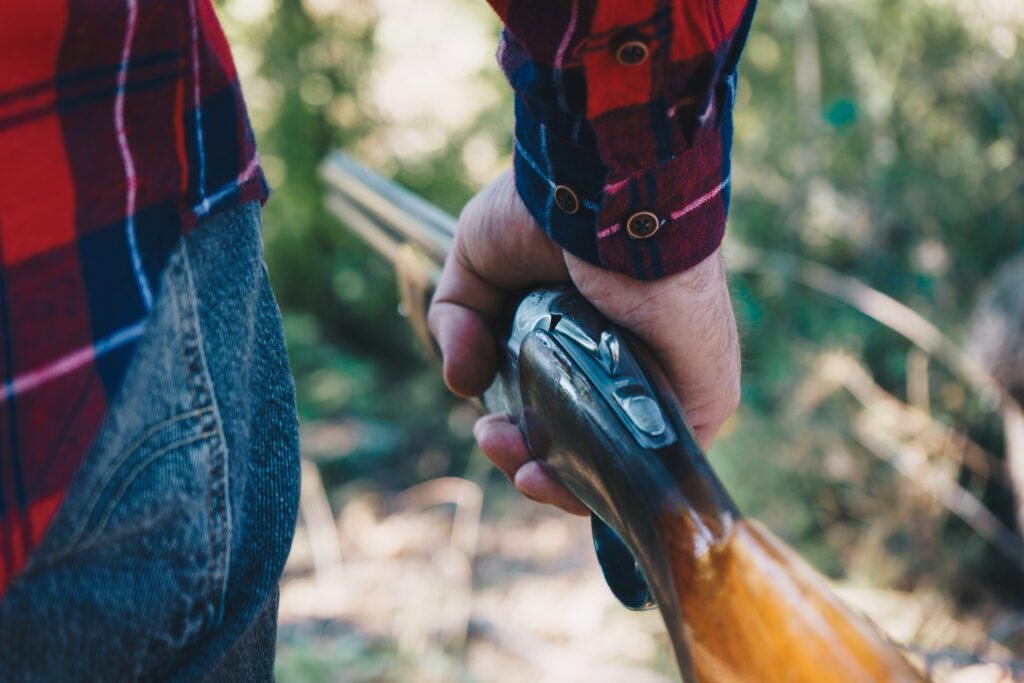
Can I buy a gun without a Ebensburg, PA background check in Pennsylvania?
If you might be prohibited from possessing firearms and can’t legally own a gun, it doesn’t matter whether you can buy a gun without a background check in Pennsylvania. Possessing a firearm would be illegal and can result in significant jail time. That being said, almost all firearms transfers in Pennsylvania require a background check through the Pennsylvania Instant Check System (PICS). Under federal law, when you buy a gun from a dealer, you must fill out a Form 4473 and submit to a background check. It doesn’t matter if you are buying the gun at the store itself or at a gun show. Under Pennsylvania law, most handgun transfers between private parties must go through a dealer or the Sheriff’s office, and require the appropriate paperwork (Form 4473 and SP 4-113) and a PICS Check. There are very limited exceptions for handgun transfers between parent/child, grandparent/grandchild, and between spouses, provided both parties are Pennsylvania residents. Handgun transfers between residents of different states must take place through a dealer in the recipient’s home state under federal law. Transfers of conventional long guns (non-NFA shotguns and rifles) can take place between legally eligible Pennsylvania residents without any paperwork or a PICS Check, though many people opt to still perform these transfers through a dealer to have proof of the transfer. If the parties do not both reside in Pennsylvania, the transfer of conventional long guns (non-NFA shotguns and rifles) MUST take place through a dealer under federal law. Even in the specific circumstances where the law does not require a background check, the transfer would result in a crime if the recipient can’t legally own a gun.
Can I get a License to Carry Firearms (Concealed Carry License) in Pennsylvania
Even if you can legally own a gun, you still might not be able to get a License to Carry Firearms (concealed carry license) in Pennsylvania. For example, even very minor drug offenses can render you ineligible for a License to Carry Firearms in Pennsylvania. Under 18 Pa.C.S. § 6109, if you have been convicted of any offense under the Controlled Substance, Drug, Device and Cosmetic Act you are ineligible for a License to Carry Firearms. That means that if you have been convicted of even a minor drug crime in Pennsylvania, such as possession of a small amount of marijuana or possession of drug paraphernalia, you can’t get a License to Carry Firearms even if your conviction is very old. This is true even if you pleaded guilty and only paid a small fine. If there is a chance you may have been convicted of misdemeanor drug crime in Pennsylvania, you should not apply for a License to Carry Firearms without a firearms eligibility investigation.
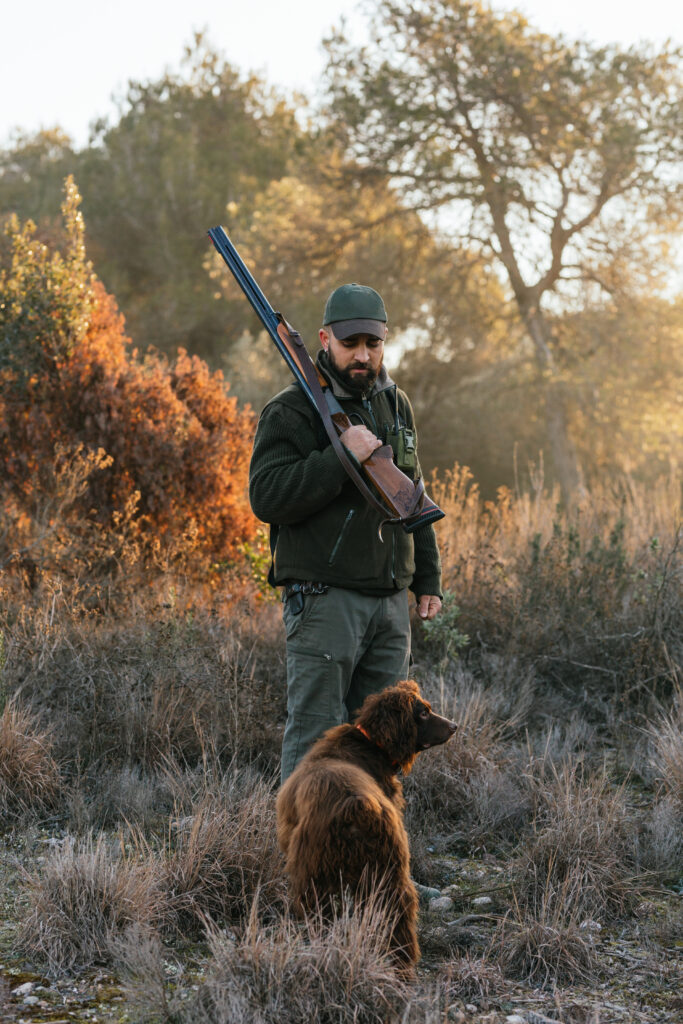
Firearms Eligibility Investigations in Ebensburg, PA
Learn more about Firearms Eligibility
If I had a Ebensburg, PA PICS Denial does that mean I can’t Own a Gun?
Not necessarily! Just like everything else in the world, the Pennsylvania State Police and the Pennsylvania Instant Check System are not perfect. At The Gun Law Firm, we have helped a tremendous number of clients get erroneous PICS denials overturned over the years. But much like a medical emergency, the sooner you get medical attention the better your chances of survival will be. Particularly due to the short, strict deadlines in place, it is important to have a firearms attorney on your side as soon as possible after a PICS denial.
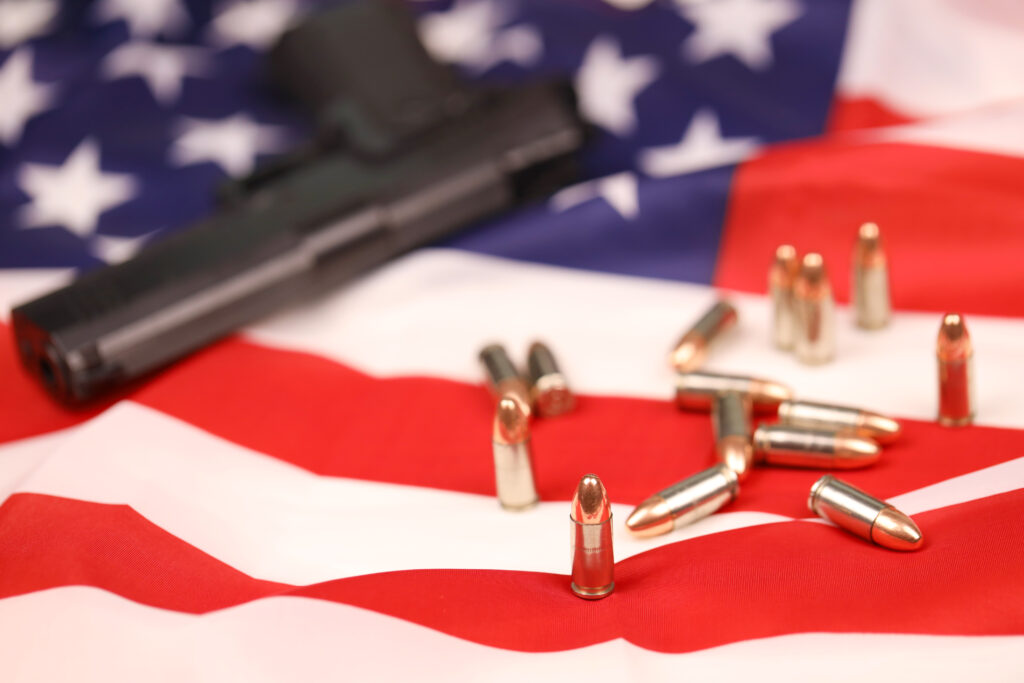
If I have had a Ebensburg PICS Denial in the past, will I be denied again?
If you have had a PICS denial in the past, the chances are you will be denied again. There are some reasons why a person can be temporarily prohibited from possessing firearms, but these situations are more rare. Even if your PICS denial is based upon inaccurate information, the Pennsylvania Instant Check System (PICS) will still contain that information without a successful challenge. That is why it is so important to handle a PICS denial or undetermined status with a sense of urgency and contact an experienced firearms attorney as soon as possible.
